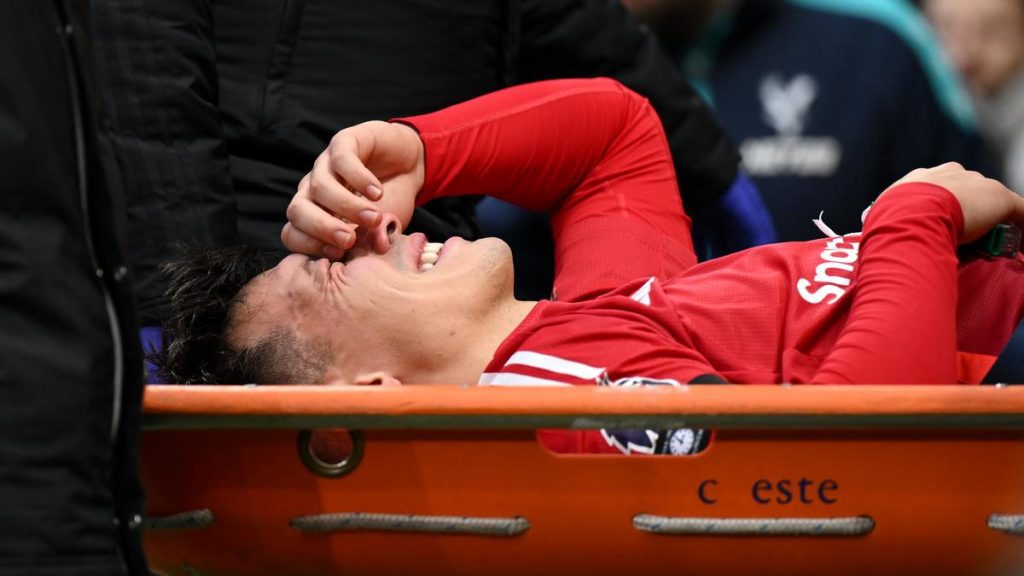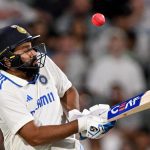Should chess players invest in their diet?


Should chess players invest in their diet?
Imagine this: you’re at the final move of a chess championship. The crowd holds its breath as you hover over your rook. Your brain is firing on all cylinders, but then — a split-second fog. What went wrong? For many chess players, the answer lies in what fuels the brain: their diet.
At 18, Gukesh Dommaraju is dominating global chess with unmatched focus and endurance. While his secrets remain private, one truth stands out: a sharp mind starts with the right fuel. For stars like Gukesh, smart choices off the board mean smarter moves on it.
Chess isn’t just about strategy; it’s a mental marathon. And like any marathon, your performance depends on what you’re feeding your body and mind.
Ever heard the wild claim that chess players burn 6,000 calories a day during tournaments? It’s a fun headline, but it doesn’t add up. While intense mental activity does burn more energy than resting, it’s far less dramatic than the myth suggests.
Studies reveal that prolonged mental exertion increases energy expenditure by 20-30 per cent, adding roughly 200-300 extra calories per day — not 6,000.
So, unless you’re snacking like a linebacker, overeating based on this misconception can leave you sluggish or distracted when you need to focus most.
Your brain might only weigh about 1.4 kilograms, but it’s a calorie-guzzling machine, using 20 per cent of your daily energy.
To perform optimally, it needs the right fuel — and no, energy drinks and sugary snacks don’t count.
Here’s how nutrition directly impacts chess performance:
1. Sharper memory and decision-making: Foods like dark chocolate, blueberries, and green tea contain polyphenols that enhance memory and decision-making — skills every chess player needs.
Ryan’s Tip: Opt for dark chocolate with 70 per cent cocoa for brain benefits. Replace chai with green tea and a dash of lemon; add tulsi for an Indian twist. Pair with two small squares (25g) of dark chocolate for a smart snack.
2. Steady focus: High-glycemic foods (like candy) might give a quick boost but lead to crashes. Low-GI foods, like oats and lentils, provide slow-releasing energy, keeping you sharp for longer.
Ryan’s Tip: Start your day with masala oats (30 g) for sustained energy.
3. Calm under pressure: Magnesium, found in nuts and spinach, helps reduce stress and improve composure — a must for handling nerve-wracking endgames.
Ryan’s Tip: Add 10-12 almonds (25g) daily or blend spinach (50g), banana, and coconut water for a calming drink.
Speaking of champions, did you know that Magnus Carlsen prefers eating light and avoids sugar during matches?
He’s been spotted munching on nuts and sipping water — a stark contrast to the myth of chess players indulging in junk food.
Turns out, even the world’s best know that clean eating equals clear thinking.
The brain is a fatty organ — literally. About 60 per cent of its structure is fat, which means good fats are essential for keeping it running smoothly. Omega-3 fatty acids, especially DHA, are the brain’s MVP. They’re critical for memory, focus, and reaction speed.
Where to find Omega-3:
– Fatty fish: Salmon, sardines, and mackerel.
– Plant-based sources: Chia seeds, flax seeds, and walnuts.
– Fortified foods: Omega-3-enriched eggs and dairy are great add-ons.
Omega-3s also combat inflammation, which can make you feel mentally sluggish. Think of these fats as oiling the gears of your mental machine.
What to avoid:
– Sugary energy drinks: They cause spikes and crashes.
– Processed snacks: High in trans fats, they impair brain function.
– Alcohol: Even small amounts can disrupt focus and sleep.
Research shows that diets high in sugar can lower levels of brain-derived neurotrophic factor (BDNF), a protein essential for memory. Meanwhile, trans fats in processed foods can slow down brain communication, leaving you struggling to calculate your next move.
1. Intermittent fasting: Trending among cognitive athletes, intermittent fasting promotes mental clarity and focus. By giving the brain more access to ketones, it may improve endurance during tournaments.
2. Nootropic foods: Curcumin (from turmeric), walnuts, and matcha are gaining attention for their brain-enhancing benefits. Turmeric lattes before a game, anyone?
3. Hydration matters: Even mild dehydration can impair cognitive performance. Keep sipping water or try green tea for its hydrating and antioxidant benefits.
Here’s where things get fascinating. What if your genes could tell you exactly what your brain needs to thrive during a chess match? Welcome to the world of nutrigenomics — the science of how food interacts with your DNA.
For instance, some people metabolise caffeine quickly, benefiting from a mental boost. Others process it slower, leading to jitters and focus issues. Likewise, genetic variants may affect how well your body absorbs Omega-3 or processes glucose, directly impacting brain performance.
Take Magnus Carlsen for example, who reportedly avoids high-carb meals before matches because they make him sluggish. What if you knew, down to your DNA, how to tailor your meals for ultimate focus?
Genetic testing can offer personalised insights, allowing chess players to fine-tune their diets and eliminate guesswork. It’s not about “hacking” your brain; it’s about understanding it better.
1. Breakfast like a pro: Start your day with a mix of protein, healthy fats, and complex carbs. Eggs with avocado and whole-grain toast can sustain energy.
2. Snack strategically: Dark chocolate, nuts, and berries are great mid-game snacks to keep your brain fuelled.
3. Stay hydrated: Aim for at least 2-3 litres of water daily. Add a squeeze of lemon or a pinch of Himalayan salt for electrolytes.
4. Avoid the crash: Skip heavy, greasy meals before matches. Instead, go for something light, like a quinoa salad with lean protein and olive oil.
Chess is more than a game; it’s a test of endurance, focus, and mental agility. And while practice and strategy are non-negotiable, the right diet could be your ultimate secret weapon. From smashing calorie myths to exploring the cutting-edge role of genetics, it’s clear that nutrition isn’t just about fuelling your body — it’s about sharpening your mind.
So, the next time you sit down at the board, ask yourself: is your brain getting the checkmate-worthy fuel it deserves? Remember, the board may be static, but your brain — your most important piece — never stops moving. Make every bite count.









